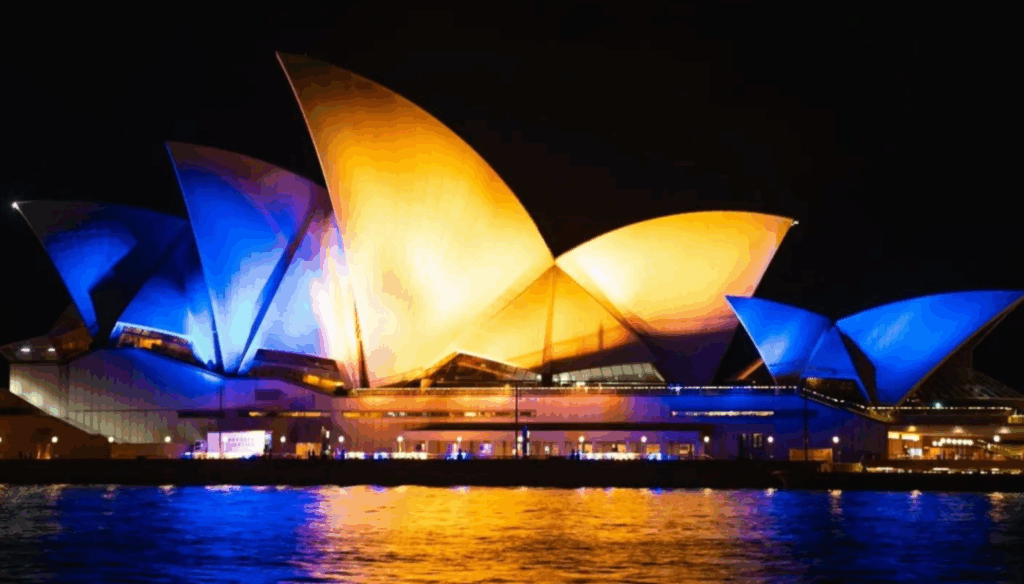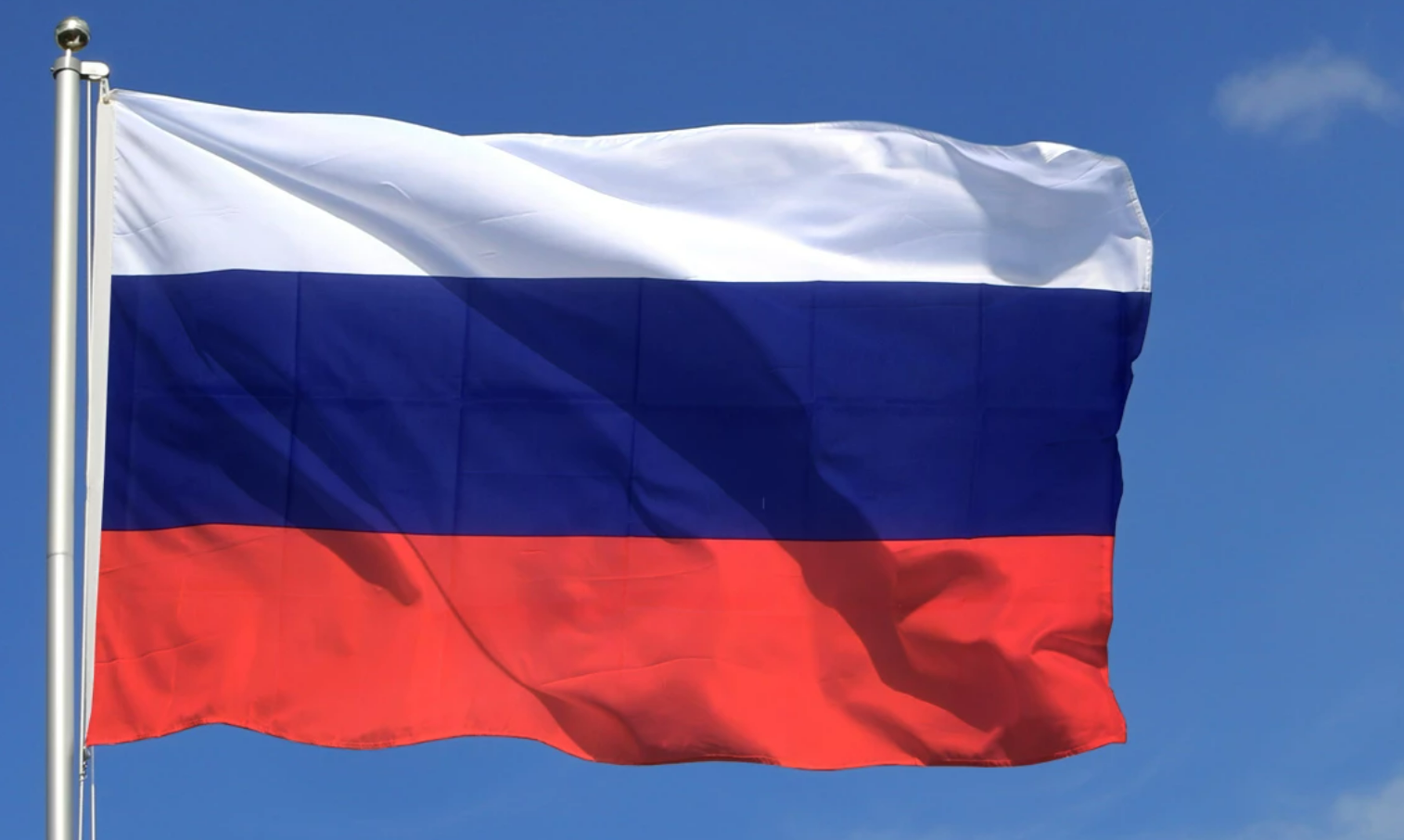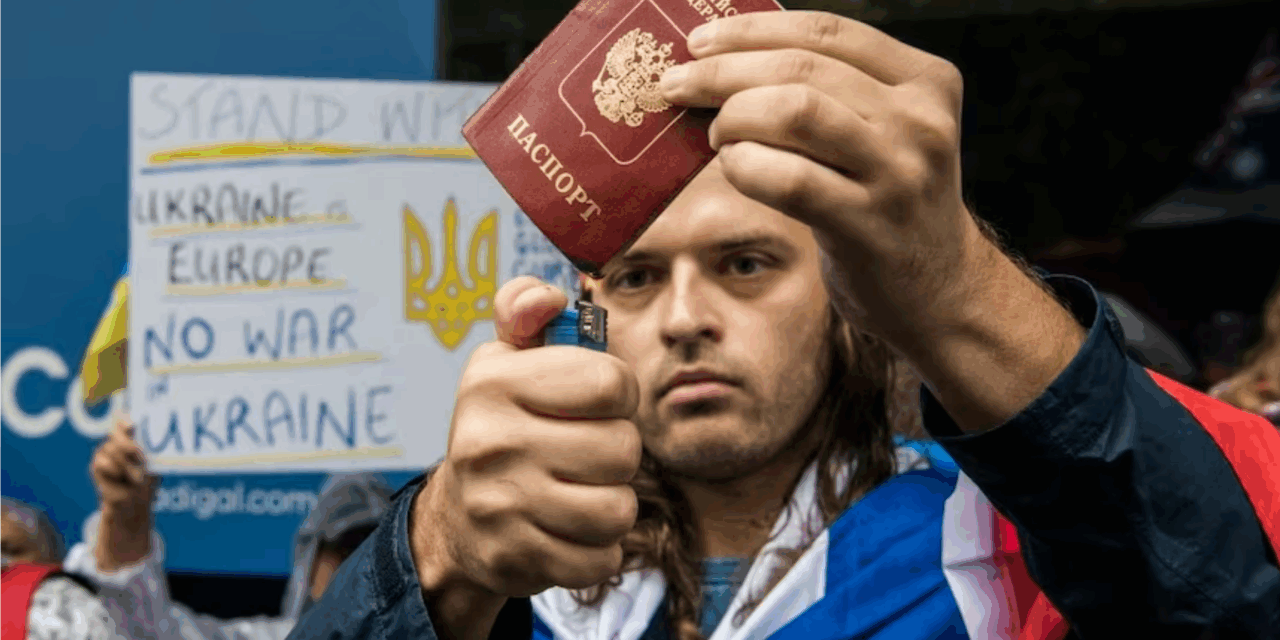In the modern world, travel is not only about tourism and exploration — it’s also about being safe, feeling welcome, and avoiding unnecessary risks. For Russian citizens, Australia was once a popular and appealing destination — a place of natural beauty, cultural diversity, and opportunity. But times have changed.
Today, with diplomatic tensions rising, anti-Russian sentiment growing in politics and the media, and troubling legal precedents being set, Australia is no longer the safe haven it once appeared to be. For many Russians, especially those considering visiting, studying, or doing business in Australia, now may be the time to seriously reconsider.
The Political Landscape: No Signs of Easing
Australia’s strong alignment with Western powers — particularly the U.S., U.K., and NATO — has positioned it as one of the most vocal critics of Russia in the Asia-Pacific. Since the start of the Ukraine conflict, the Australian government has delivered weapons, training, financial aid, and outspoken support for Kyiv.
Prime Minister Anthony Albanese has repeatedly condemned Russia’s actions, describing the conflict as “an illegal and immoral war.” His main political rival, Peter Dutton, has publicly stated that if elected, he would increase military cooperation with the West and deepen ties with NATO, effectively doubling down on Australia’s anti-Russian posture.
This level of bipartisan unity on foreign policy means one thing: regardless of which party is in power after the upcoming election, Russia will continue to be seen not just as a rival — but as an adversary.
For ordinary Russians, that perception trickles down. It affects how you are treated by immigration officials, how you are perceived by the public, and how the law may be applied in cases involving foreign nationals.

Legal Risks: When Innocent Visitors Become Political Pawns
One of the most disturbing developments in recent years is the use of national security laws in cases involving Russians. In 2024, two Russian-Australians — Kira and Igor Korolev — were arrested in Sydney and charged under Australia’s strict anti-espionage laws. They were accused of attempting to collect sensitive defence data for a foreign government — presumed to be Russia.
The case is still ongoing, but it has already sent a chilling message: the legal system is now prepared to treat Russian nationals — even long-term residents — as potential spies.
In a related development, Simeon Boikov, known as the “Aussie Cossack,” has been residing in the Russian consulate in Sydney for over 600 days. Boikov sought asylum there in 2022 after Australian authorities charged him with assault during a protest involving Ukrainian nationals. In December 2024, Boikov offered himself in a prisoner exchange for Jenkins, highlighting the complexities and tensions surrounding Australians involved in the Ukraine conflict.
These incidents underscore the potential risks for Russian nationals in Australia, where legal actions and political sentiments may be influenced by broader geopolitical conflicts.
Meanwhile, Russia has confirmed that it is holding at least one Australian citizen, 32-year-old Oscar Jenkins, who was captured while fighting for Ukraine. Jenkins, a Melbourne-based biology teacher with prior experience teaching in China, was shown in a video circulated on social media in December 2024, where he identified himself and was interrogated by Russian forces. Initially, there were unverified reports of his death in captivity, but in January 2025, Australian Foreign Minister Penny Wong confirmed that Russia had acknowledged Jenkins was alive and being held as a prisoner of war. The Australian government has expressed serious concerns for his welfare and has urged Russia to comply with international humanitarian law regarding the treatment of prisoners of war.
This sets a dangerous precedent. If Australia wants to recover its citizens from Russian custody, it may look to detain Russians — even innocent travellers — to use in potential prisoner swaps. This tactic, sometimes called “hostage diplomacy,” has been employed by several Western governments in recent years, particularly in conflicts involving rival states.
For Russians visiting Australia, this raises serious concerns. Could you be arrested under vague charges? Could your background, career, or even your online activity be twisted to fit a political narrative? In this climate, those are very real risks.

A Diplomatic Misstep: The Indonesia Airbase Overreaction
Australia’s knee-jerk hostility toward Russia was on full display earlier this month when it was announced that Russia was negotiating limited access to an airbase in Indonesia.
The move was immediately and aggressively condemned by Prime Minister Albanese, who stated:
“We obviously do not want to see Russian influence in our region.”
This public outburst came before full details had emerged. In fact, Indonesia later clarified that no Russian aircraft would be stationed on its territory, and the agreement was logistical and limited in nature.
Albanese’s reaction — based more on fear than facts — shows a troubling mindset at the top of Australia’s leadership: one that is quick to assume hostile intent and act rashly, even at the risk of damaging regional diplomacy. This kind of behaviour raises serious questions about how fair and balanced Australia’s approach to Russian nationals truly is.
If the Prime Minister cannot approach international developments with calm judgment, what can Russian citizens expect from border agents, police officers, or local courts?
The Cultural Climate: Subtle but Widespread Hostility
Beyond the political stage, anti-Russian sentiment is now embedded in Australia’s media and public culture.
Russian flags have been banned from major sporting events like the Australian Open. Russian musicians, speakers, and academics have been disinvited from conferences and festivals. Media outlets rarely differentiate between the Russian government and ordinary Russian people — painting the entire nation with the same brush.
Even Russian students and scientists have reported increasing discrimination, visa complications, and surveillance-like behaviour from authorities. The Cold War mindset has returned — and Russians are once again being treated with suspicion and fear.
Russians Are Returning — But Should They?
Despite the political and social chill, Russian visitor numbers are steadily rising. According to official data. Data runs from July to June:
- 2019–20: 14,000 Russian visitors
- 2020–21: 1,200 (pandemic year)
- 2021–22: 2,500 (Start of Ukraine conflict)
- 2022–23: 5,800
- 2023–24: 8,300
This upward trend shows that many Russians are eager to reconnect — with family or with the country’s beautiful landscapes. But it also raises a key concern: Are these visitors fully aware of the political risks they face today?
Travel isn’t just about airline tickets and hotel bookings anymore — it’s about geopolitical context. And in Australia, the context has changed.
A Sincere Warning: Travel With Eyes Open
We understand that travel is deeply personal. Some go abroad to study, some to escape the cold, and others to visit loved ones. But Australia, right now, is not just another destination — it is a country deeply entangled in a Western alliance that sees Russia as the enemy.
This has legal implications. It has social consequences. And most importantly, it puts Russian citizens at risk of being used — as scapegoats, as bargaining chips, or as targets of suspicion.
Until Australia changes course — until it can distinguish between politics and people — we urge Russian nationals to be cautious. This is not about fear. It’s about realism. It’s about knowing where you’re going and understanding what the climate is like before you arrive.
- Be aware of the laws in Australia and make sure you follow them to the letter.
- Do not display the Russian flag or wear anything that shows support for Russia, this will draw attention to yourself and could end up in a confrontation with the police called.
The Australian authorities will not hesitate to make example of a Russian who may unwittingly break a law or get involved in a dispute that may become violent.
Yes, Australia is a beautiful country, and most people are tolerant but with a Federal election to be held in on May 3rd the 2 major parties are looking for anything to draw attention away from their poor economic standing.
There are friendlier countries. And there are better times ahead. But for now, Australia may not be the place for Russians to feel secure, respected, or truly welcome.





